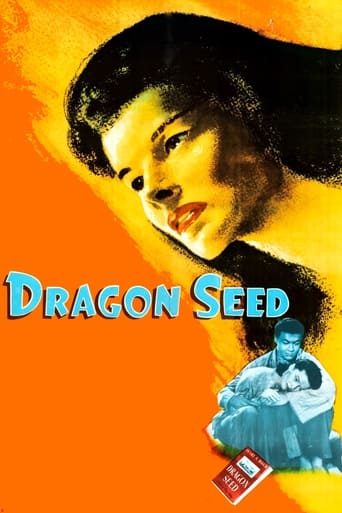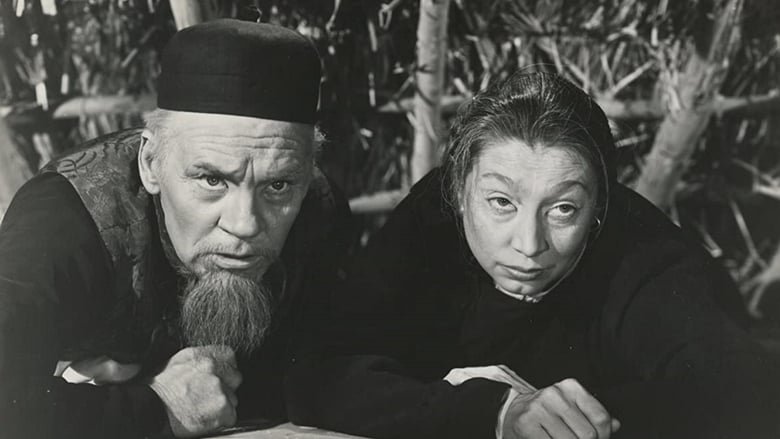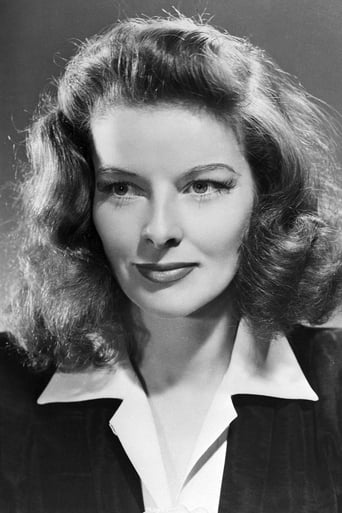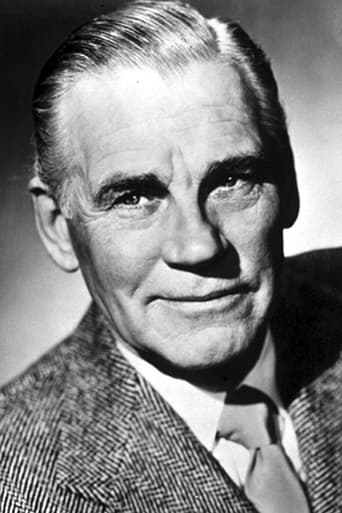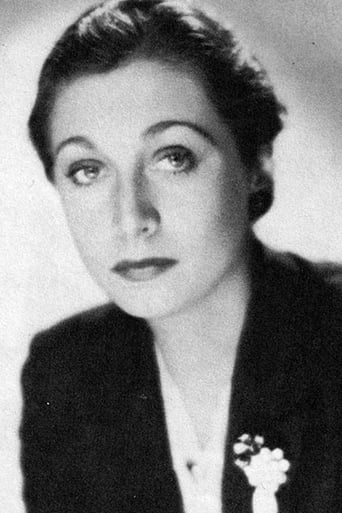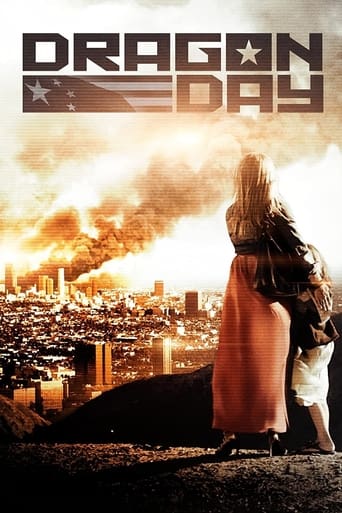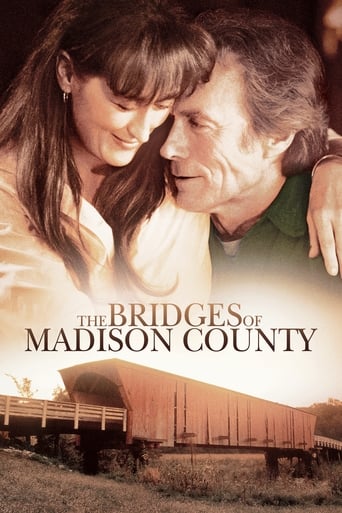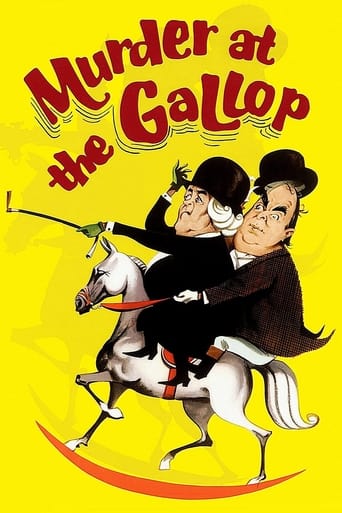Dragon Seed (1944)
The lives of a small Chinese village are turned Upside down when the Japanese invade it. An heroic young Chinese woman leads her fellow villagers in an uprising against Japanese Invaders.
Watch Trailer
Free Trial Channels
Cast


Similar titles
Reviews
It's a mild crowd pleaser for people who are exhausted by blockbusters.
It is not only a funny movie, but it allows a great amount of joy for anyone who watches it.
Close shines in drama with strong language, adult themes.
True to its essence, the characters remain on the same line and manage to entertain the viewer, each highlighting their own distinctive qualities or touches.
As a Chinese, I found this film is really realistic. It showed almost the most accurate thoughts, action and the life style in that period of time. And it still give us hope to see the bright side, to carry on. I really liked this. This one is more fair than films made by Chinese. 'cause we are the victim in that war, but everything has two sides. There are no total right or wrong in one thing. So, in the Americans' view, things can be more fair. 'cause they can see things in a outsider's point of view. Many things can be clearer in this way. still. I am truly admire the director and the casts. they really had a hard time making this film. And in the end, I'd like to say that Katharine Hupburn made a great sacrifice to wear that make-up all the time. P.S. Pearl S. Buck was really an expert of China.
While trying hard not to be too condescending to Americans of today who somehow think the world was always as they now see it around them -- this movie was made in 1943, in the darkest midst of the horrific World War II, when America was engaged in a global struggle of epic proportions against the mighty Japanese Empire (and other very powerful allied nations all over the world), and when Manchuria, China and most of Asia were occupied by the very brutal Japanese invaders. The film was released to the public more than a year before that terrible war began to reach a conclusion.In 1944 America's victory in the Second World War was by no means assured, yet the US was trying to do whatever it could to assist the Chinese against the Japanese while the main US military forces fought the Japanese directly island by island westward across the Pacific. Of particular note is the fact that Japan had invaded Manchuria in 1931 and China in 1937, and that both suffered under merciless Japanese occupation for years before America formally entered the war following the Japanese attack on Pearl Harbor in 1941. The Japanese forces committed brutal atrocities against Chinese civilians and prisoners of war in the Rape of Nanking, slaughtering as many as 300,000 civilians within a month. Before it was over more than 10 million Chinese were mobilized by the Japanese army and enslaved for slave labor and at least 2,700,000 Chinese died. Japanese occupation atrocities against the Chinese included mass killings by airborne gasses on hundreds of separate occasions.The film, which was being made while all this was going on, but before most of the details were fully known, therefore reflects the American (and western) thinking at the time, as depicted through the keen expert eyes of the great China observer, American Pulitzer Prize-winning novelist Pearl S. Buck. It also reflects what was available to Hollywood film-makers at that desperate moment. Given the time and the circumstances, the movie does quite an adequate job - all of which undoubtedly explains the involvement in it of the great American actress Katharine Hepburn. The film helped Americans at that time to understand China's desperate situation, why the Chinese were worth assisting, and why the US military, and most Americans at home, were trying hard to do just that at truly great cost. Hepburn's name on theater marquees also ensured that many more people would see the film than otherwise.Americans in 1944 didn't care one bit that the Chinese characters were being played by Americans; audiences could easily imagine, empathize and understand. Very many of them had already read Buck's novel with the same title, published in 1942, and knew that the famous author, who had written many novels about China, had been a very vocal proponent of American understanding and support of China in her struggle with the Japanese. Pearl S. Buck had been awarded the Nobel Prize for Literature in 1938, mainly on the basis of her great China trilogy "The House Of Earth", including its first part, "The Good Earth".The Japanese surrendered unconditionally to the US on August 14, 1945, and Japanese troops in China formally surrendered to the Chinese a month later, but by then most of Manchuria and China had been destroyed. The people portrayed in the film had seen what the Japanese had done in Manchuria over the previous six years, and then experienced Japanese brutality directly for another eight years. The 14 years of China's monumental struggles in World War II were a pivotal point in China's history. Before the Japanese invasion, China had suffered nearly a century of humiliation at the hands of various imperialist powers and was relegated to a semi-colonial status. However, the war greatly enhanced China's resolve, strength and international status. After the war, the Republic of China became a founding member of the United Nations and a permanent member in the Security Council. China also reclaimed Manchuria.The movie therefore helps Americans today to understand a most critical moment in China's, and their own, common history, and why it all was, and remains, important.Old American Soldier
This movie is just as terrible as you've always heard it is. But it has a few points of interest, especially for those who want to revisit the peculiar politics of the WWII era. At the same time that Japan was invading China, DRAGON SEED depicted the Japanese as ravening monsters while glamorizing the Chinese Communist guerrillas fighting them. War made for strange bedfellows and just a couple of years later, portraying Communists in a sympathetic light would have been a dangerous, career-killing thing to do.The film itself has all the production values one imagines MGM would bring to bear on a best-selling novel by Pearl Buck. And as a piece of wartime propaganda, every opportunity is taken to make the Japanese seem like inhuman monsters -- indeed, the way that violence (especially sexual violence) toward women is portrayed here is surprisingly harsh and lurid for this period, and would only have been considered acceptable because it demonized The Enemy during wartime.Criticizing old movies for being racially insensitive and politically incorrect is self-defeating. We are all products of our time and place. However regrettable it seems now, it was inconceivable in the Hollywood of 1944 that Asian actors would have been used in lead roles. And a few film critics and writers of the time criticized the film for this, finding it as ridiculous as we do. From our own vantage point it is always useful for us to revisit the mores of another time even when we are appalled by them so that we can see how far we've come. And how far we still need to go. We can't turn back the clock and redo the past, so instead of reviling it, let's learn from it.Is there entertainment value here? Sure, some, though in many ways this is a stilted pot-boiler and more of a political tract than a movie. And there is one good sequence, though it is as contrived and melodramatic as something in a bad silent film. Katharine Hepburn (giving one of the worst performances of her career) is holding poison that she hopes to use against her turncoat brother-in-law. Instead, she finds herself in the kitchen of his mansion where a banquet for the Japanese invading army is being prepared. While pretending to be a woman willing to barter her body to the Japanese, she looks for an opportunity to poison the feast. The tension and cross-cutting as the attempts and the reversals pile up is fun -- the only really memorable scene in this very phony picture. Aline McMahon got an Oscar nomination for Best Supporting Actress and though she is the only one in DRAGON SEED who suggests a real, feeling human being, one imagines she would have given the same performance as a Russian, Greek or French peasant -- it is a generic 'ethnic' performance, and as full of baloney as everything else in this curious movie, so much a relic of it's time.
While surfing through the movie listings trying to pass some time I came across Dragon Seed. I saw the date (1944) and the summary and thought that this would be another war-time morale type movie. That type of film has always been good to watch so I tuned in. I was very surprised. The film had a wonderful story with very good acting even though a bit stoic. I discounted the Chinese makeup and the non-Asian actors so they were not a factor in my enjoyment. The movie went far beyond the standard war era gung-ho film. The feelings of the times and the people came through wonderfully. I would like to see it again to catch subtle things that I know I missed the first time. It was a wonderful way to spend my time.

